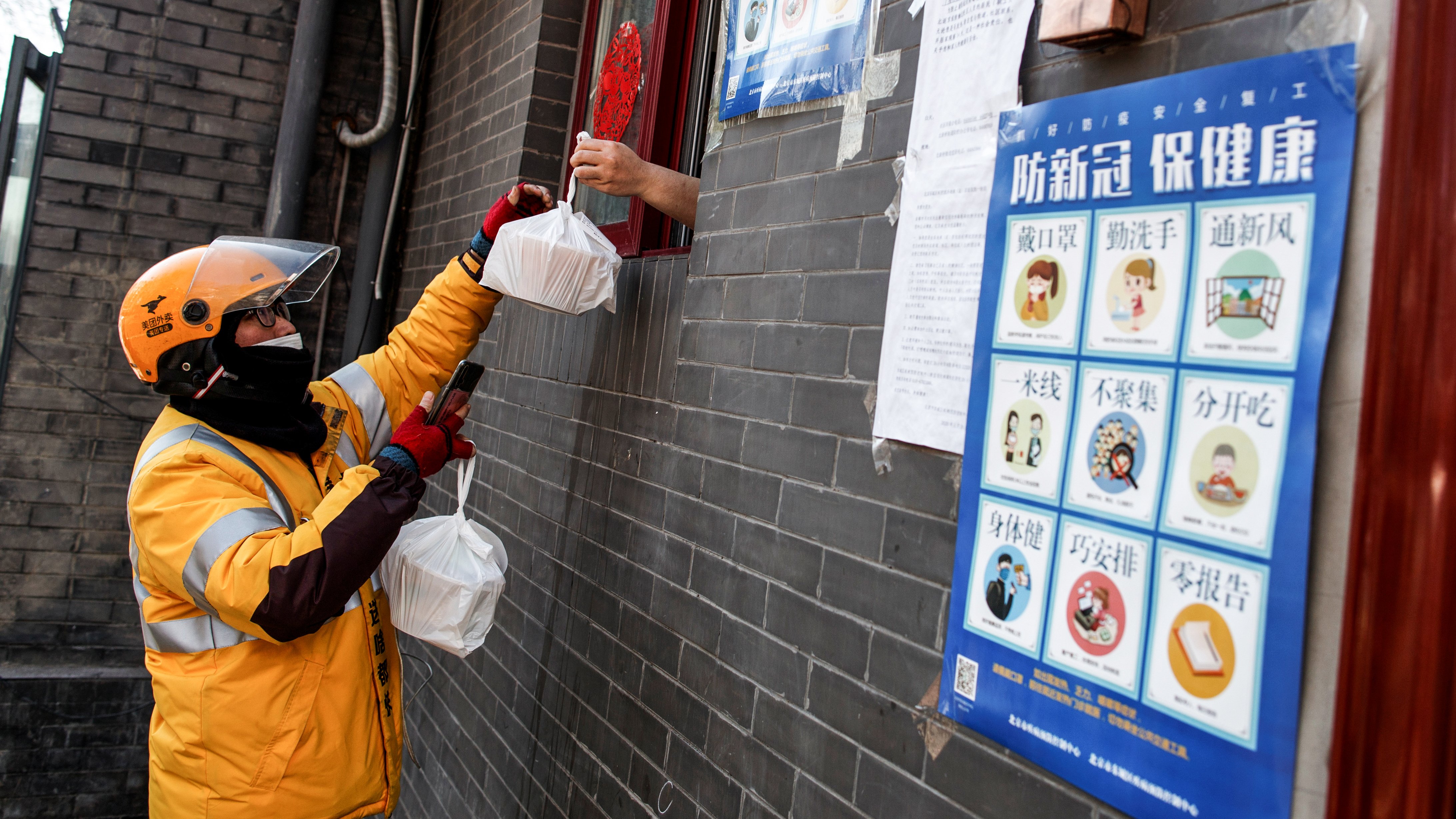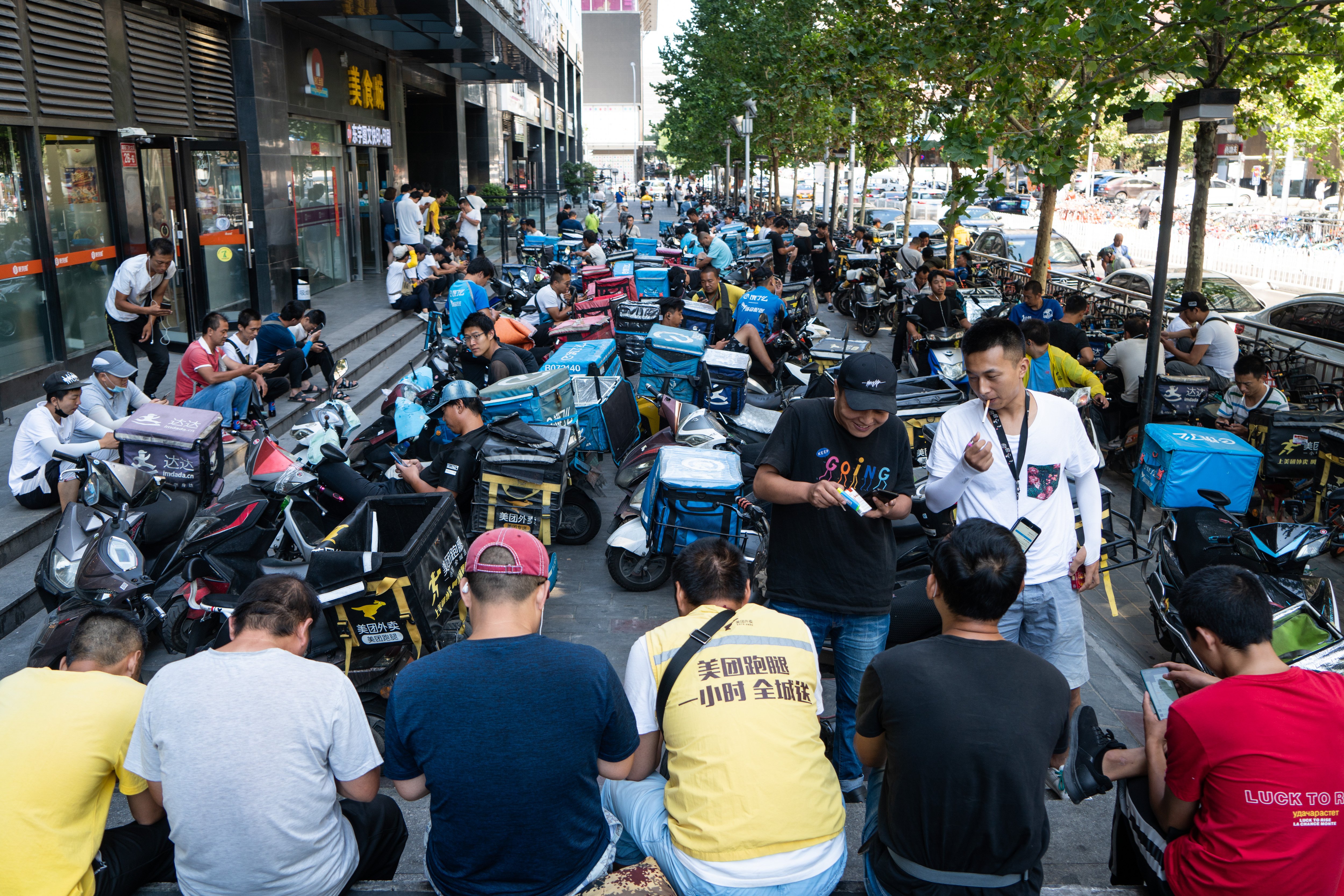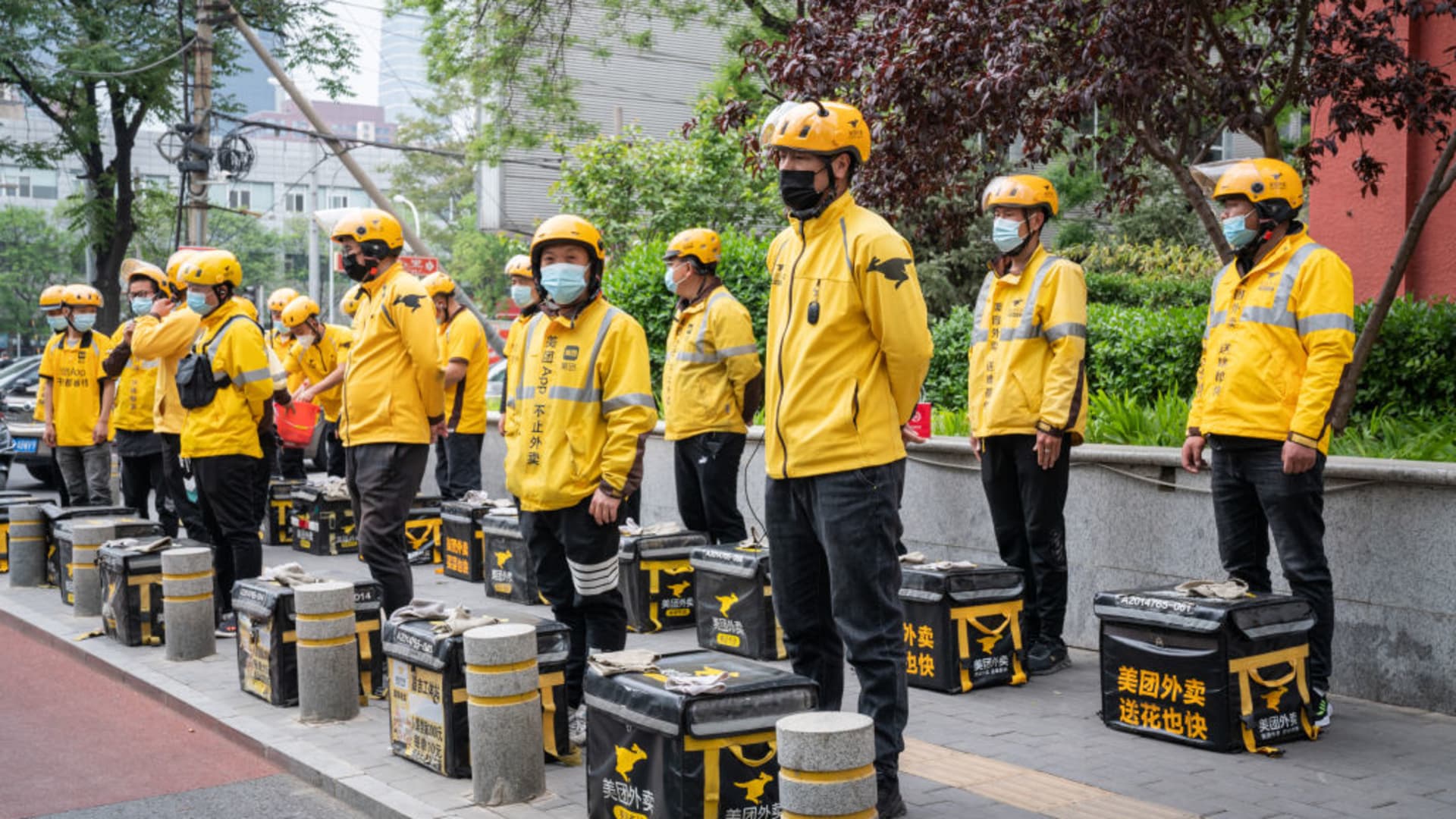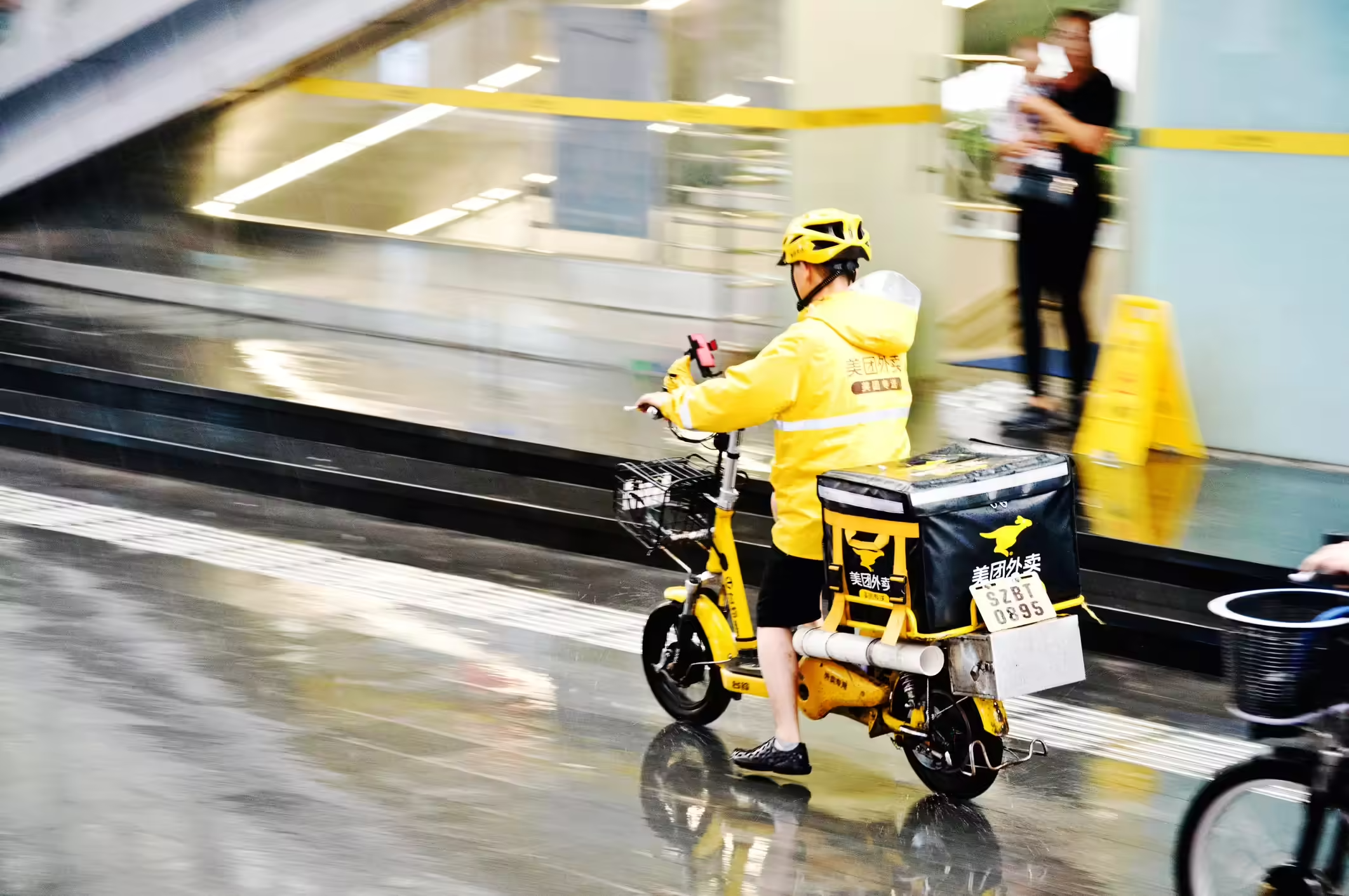In the bustling streets of China’s megacities, where food delivery has become a 70% market dominated by many competing platforms, stories have emerged of the country’s minors creating their own slice of the gig economy. But the reality of youth involvement in China’s delivery sector tells a more complex story than just a viral social media post.
The narrative of students around 10-14-year-olds earning quick cash as “last mile” couriers—waiting at building entrances to grab orders from drivers and sprint upstairs—has started capturing attention. It benefits the adult drivers by saving them time by not needing to navigate unfamiliar buildings; it benefits the parents by having their children learn how to be productive; and it gives the kids something to do over the summer break while earning a bit of pocket money. What’s not a win is when these minors are sprinting into streets, up and down escalators, and other hazardous areas to get the job done.

On top of that, on the consumer’s end, when you order food, you’re paying for the platform’s and driver’s service commitments. Now, a child has taken the driver’s place at the end of the service chain. If the food is delivered to the wrong address, left at the wrong door, spilled, cold, or lost, who bears the responsibility? While these are still questions that are up in the air, there’s much more to the country’s booming food delivery industry than this current “summer job trend.”
A closer look at China’s actual delivery workforce reveals a different picture: one where even PhD graduates are turning to food delivery work due to limited employment opportunities.

China’s delivery sector employs millions of adults who work grueling hours to make ends meet. With youth unemployment reaching 14.9% (as of May 2025), the pressure on young people to find income sources is real, but the romanticized image of teens casually earning pocket money doesn’t match the harsh economic realities driving people into gig work.
The primary users of food delivery services in China are aged 20-34, representing the consumer side rather than the workforce. Meanwhile, delivery platforms process millions of orders daily across major cities, creating a system that requires professional coordination rather than informal teen assistance.

While social media stories about teenage delivery helpers make compelling content, they often overlook the systemic issues facing China’s gig economy workers. Professional drivers work within established networks, dealing with platform algorithms, customer ratings, and economic pressures that go far beyond simple elevator-avoidance strategies.
The real story lies in how China’s economic pressures are pushing educated adults into delivery roles they never expected to fill. When university graduates struggle to find employment matching their qualifications, the gig economy becomes less about teenage entrepreneurship and more about economic survival.

Rather than focusing on unverified stories of teen delivery helpers, the more significant trend involves how young adults are navigating China’s competitive job market through legitimate gig work. This includes everything from content creation to e-commerce, representing genuine entrepreneurial opportunities that don’t involve safety risks or regulatory gray areas.
While the “paper boy” comparison of minors in China who are now taking up summer break jobs as food deliverers is interesting, it misses the mark when examining the actual dynamics of China’s delivery ecosystem. Modern food delivery requires sophisticated logistics, GPS tracking, and professional customer service—skills that extend far beyond simple package transportation.

As China’s gig economy continues evolving, understanding the real challenges and opportunities facing young workers requires looking beyond viral stories to examine the economic forces shaping employment across the country.
Cover image via Baidu.













